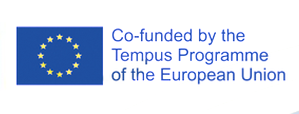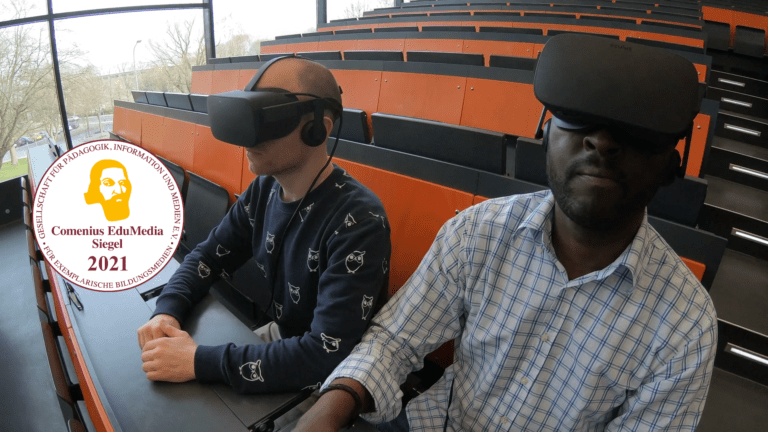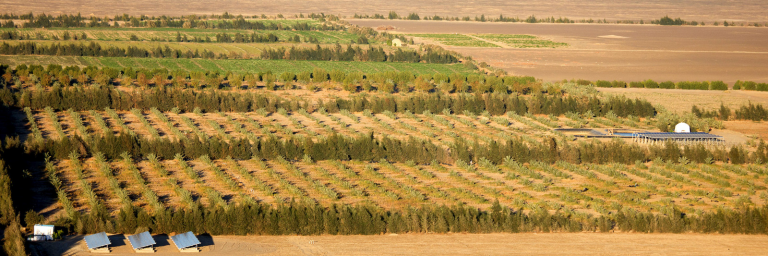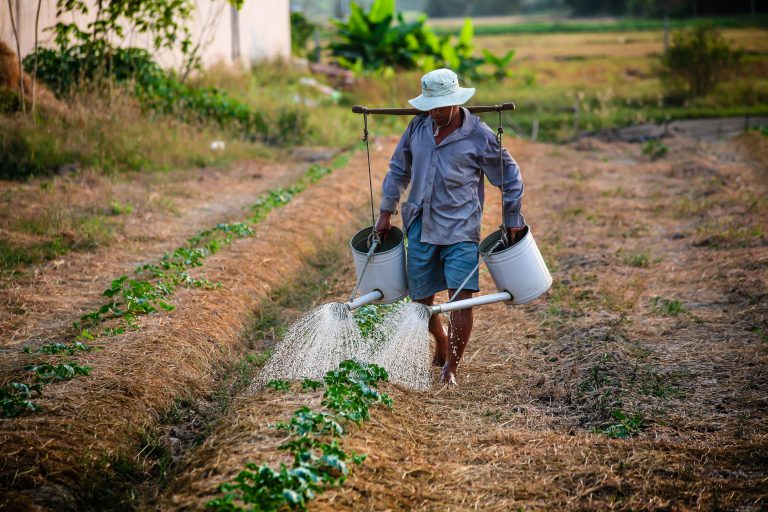Why is GIEP Needed?
There is no shortage of problems in modern-day Egypt. Whether they are societal, economic, or environmental in nature, the issues that plague Egypt urgently need to be addressed. The current generation of Egyptian university graduates are not equipped to deal with the problems at hand. Most usually seek to secure a traditional and often public sector job, without including these wider societal and environmental concerns in their career planning.
The key environmental challenges Egypt faces include deteriorating water and air quality, energy shortage, poor waste management, mounting coastal pollution, and continuous desertification. The rapidly growing population will have to deal with acute water scarcity, vast amounts of uncollected municipal waste, and a level of air pollution and greenhouse gas emissions higher than the world average.
However, these issues are not faced properly and skilled people able to tackle them are needed. In particular Egypt lacks social innovators and entrepreneurs. Indeed, most universities do not even consider innovation and entrepreneurship as part of their degree programmes. The few entrepreneurs that Egyptian universities produce usually pursue already-tried paths of business. As it is, the current model of business for the sake of business is not enough. What is needed is innovation and green entrepreneurship, new business models contributing to the sustainable development of the nation as a whole.
What We Aim to Achieve?
What the GIEP will address is the lack of innovators who can deal with these problems. There is also a general lack of awareness regarding green and sustainable solutions to the economy, which the GIEP wishes to remedy.
This pattern needs to be reversed, and the GIEP will contribute to the achievement of this reversal. The GIEP is a multidisciplinary Master of Science that will address these weaknesses in society by providing the innovators and entrepreneurs that are needed to deal with the problems we face.
The GIEP concepts need to be promoted nationwide and the Programme itself implemented and accredited. Once implemented, a new generation of social innovators and entrepreneurs will enter the Egyptian economy and contribute to reshape it into a green and sustainable one that is successful, socially conscious, and environmentally friendly.
How It Will Be Achieved?
The outline and first implementation of the Master of Science is supported by the European Commission through the Tempus Programme, which supports the upgrading of Higher Education Systems in Europe and its neighbouring countries, including the Mediterranean, through international university cooperation.
The Programme involves three European and four Egyptian universities. From the European side, the involved universities are Politecnico di Milano, RWTH Aachen University, and Technical University of Graz. The participating Egyptian universities are Alexandria University, Zagazig University, the American University in Cairo, and Aswan University.
Egyptian Universities will be committed to the development of a new MSc with the European partners, shaping what already exists and/or delivering totally new paths on subjects related to Sustainable Development, Innovation, and Green Entrepreneurship. Through the expertise already acquired in these aspects, European Universities will support the Egyptian partners in the definition of the programmes and syllabi. They will also provide capacity building and training to the Egyptian staff. European Grants will also support the establishment of new and innovative green technology labs as well as web-based online Learning Management Systems.
Within the Programme, universities will also evaluate the development of a Double Degree MSc between the European and the Egyptian partners..
Once fully operational, the programme will begin to produce new innovators and entrepreneurs who will know how to turn environmental and societal concerns into viable business ventures. This will translate into more private sector employment and an economy that is truly sustainable, meets the needs of society, and actively contributes to the preservation of the environment.





